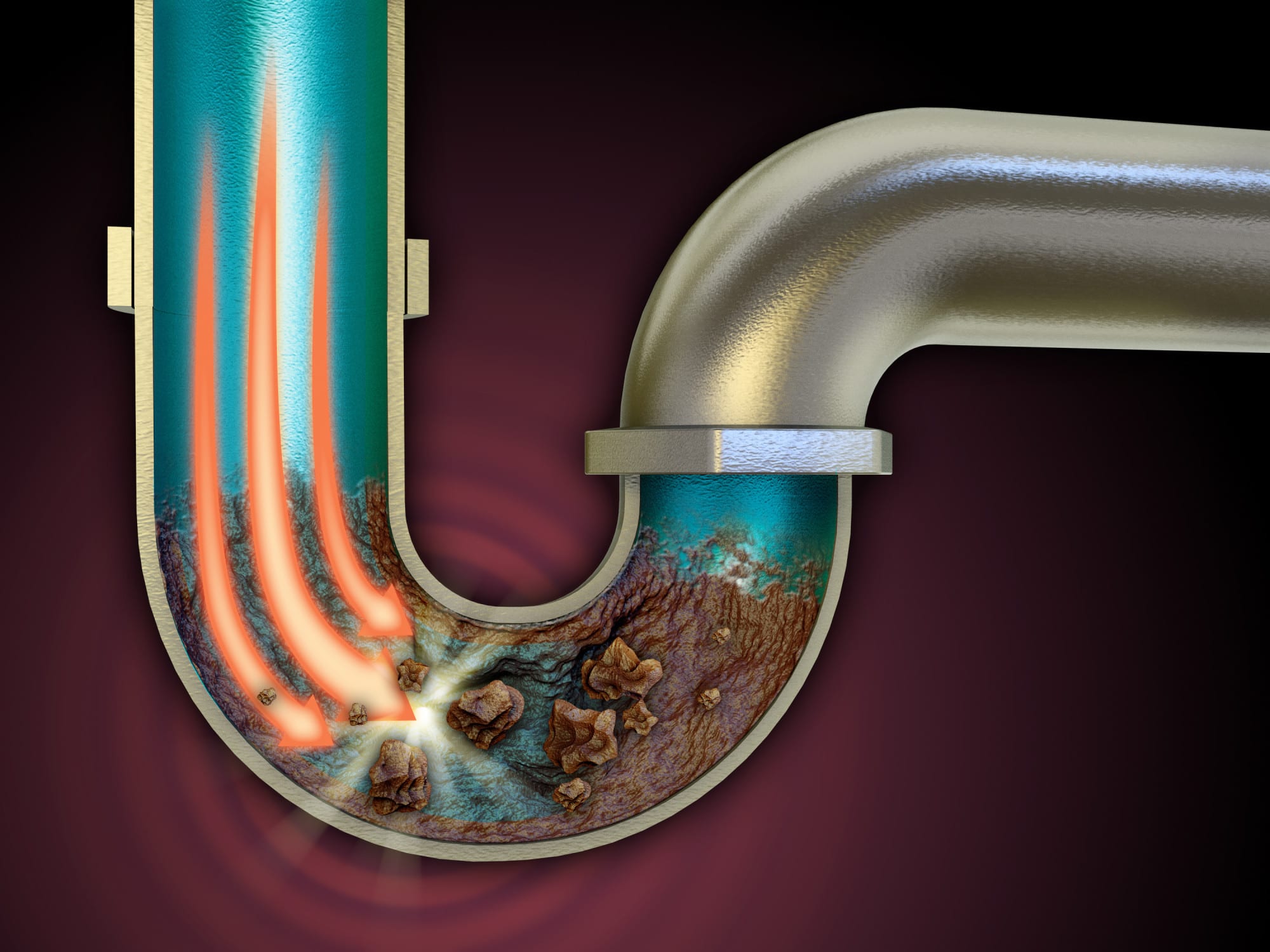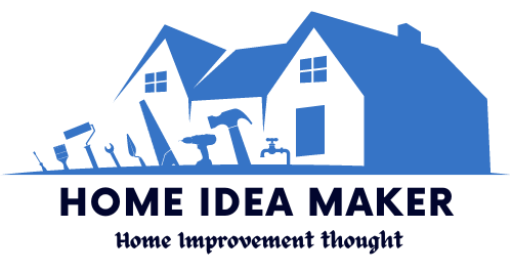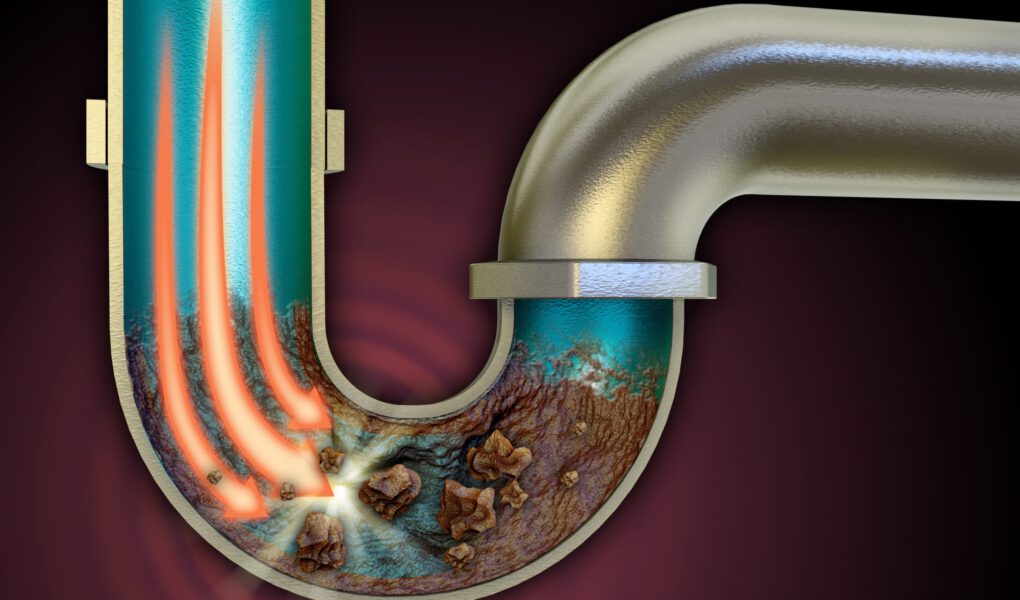Introduction
Clogged and obstructed drains and sewers remain a significant issue that many homeowners face. These can cause severe frustration given the overflow, foul smell and potentially high costs to fix the issues if not attended to in time. Long-standing blocked drains can cause structural damage to your property, leading to unplanned financial burdens. Your home should retain a healthy functional environment; therefore, it is vital to fix these issues as quickly as possible.
Being equipped to deal with blocked drains and sewers promptly is not only crucial for the health of your home but also significantly reduces stress. Unattended blockages might escalate into health hazards, given that they can encourage mould growth and other airborne bacteria. Therefore, taking the time to understand the causes and treatment strategies for blocked drains, leads to swift and effective resolution of these potentially negative scenarios.
Common Causes Of Drain And Sewer Blocks
There are numerous causes of drain blocks, with some being very common. Hair, for instance, is a notorious culprit. It binds with grease and other sticky substances forming clogs. Grease and fat are other major offenders. When poured down the sink, they stick to the pipe’s interior, causing a blockage over time. Food waste, especially coffee grounds and tea leaves, can accumulate in the pipe, causing clogs.
These blockages occur gradually, disrupting your home’s plumbing system gradually. Over time, the blockage becomes severe, to the point of stopping the water flow. The consequences of these issues range from causing an unpleasant smell, attracting pests, or even leading to pipe bursts if left unresolved. A fairly common yet frustrating problem, understanding the common causes of drain blocks can aid in preventing them.

How To Identify A Blocked Drain Or Sewer
So how do you ascertain that you have a blocked drain or sewer? Persistent unpleasant odours are one of the primary signs. The smell arises from food particles that have decayed after being stuck for long durations. Another common sign is slow drainage, which is an indication that something is impairing the water flow in your system. Water backing up out of a sink drain is another distinct sign, coupled with gurgling sounds from your drains.
Picking up the signs of a blocked drain promptly will save you from high costs and frustrations later on. Quick identification aids in faster resolution, ensuring that minimal damage is caused to your pipes. If unsure and the signs persist, it is advisable to contact a plumber to diagnose and fix the problem.
DIY Techniques For Clearing Blocked Drains
If you spot a blocked drain in your home, there are several techniques you can try before involving a professional. Using a plunger is one such method. It creates a strong suction that can dislodge the blockage, allowing water to flow freely again. A plumber’s snake or hand augers are also helpful; they can reach deeper into the pipe to remove the clog.
Each method has its pros and cons. For instance, while plunging is effective, it might not reach deep-set blockages. Hand augers could potentially scratch the pipes if not used carefully. Therefore, it is wise to understand the nature of your blockage before choosing a method. Always ensure safety when attempting these DIY techniques, including wearing gloves and safety glasses.
Advanced Techniques For Sewer Unblocking
When DIY techniques fail, or you have a severe blockage involving your main sewer line, professional intervention becomes necessary. Plumbers use advanced methods such as hydro jetting, which uses a high-pressure water jet to clear stubborn obstructions. Sewer cameras could also be used to review the extent of the blockage accurately.
Involving professionals could mean bearing certain costs and timelines, depending on the complexity of the blockage. However, it ensures that the process is handled correctly with minimal damage to your pipes. Ultimately, what homeowners can expect is a fully functional drainage system, clear of blockages.
Preventing Future Blocks
Prevention, as they say, is better than a cure. By avoiding throwing the known culprits down your drain – grease, fat, hair, and food waste, you could avert future blockages. Regular maintenance of your drain is also vital; this could involve using enzymatic drain cleaners, which are friendly to your pipes and the environment.
Common misconceptions about what can be thrown down the drain should also be debunked. For instance, certain marketed “flushable” wipes could lead to blockages. Educating ourselves and our households about these misconceptions can lead to more careful use of our drainage systems.
Your Questions Answered: Common Queries Around Drain And Sewer Blocks
We have demystified some of the common FAQs pertaining to blocked drains. These include questions like – “Can pouring boiling water unblock drains?” Yes, hot water can often dislodge minor blockages caused by grease or soap. “Would regular use of chemical drain cleaners damage my pipes?” Yes, overuse of harsh chemical cleaners can eat away at your pipes, causing more harm in the long run.
Conclusion
In conclusion, managing blocked drains and sewers in your home requires awareness, timely action, and maintenance. As homeowners, understanding common causes, identifying early signs and trying DIY methods could save you hassle and high costs. However, if unsure or dealing with stubborn blockages, professional help should certainly be sought.
Call To Action
At this point, we invite our readers to share their personal experiences, useful tips, or lingering questions around this topic. Let’s create a helpful conversation within our homeowner community – after all, sharing knowledge is our best tool.




